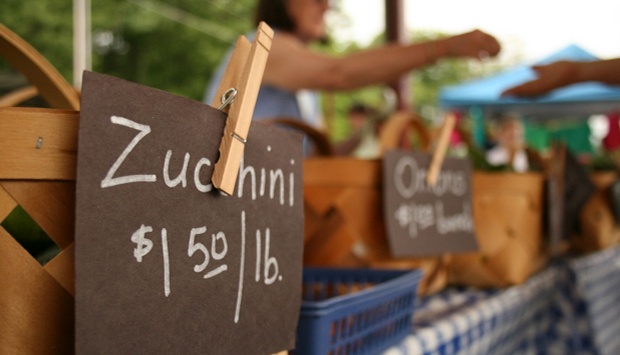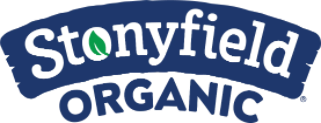Healthy Eating: 3 Easy Ways to Avoid Eating Pesticides
October 13, 2013
webmaster@push10.com

Unfortunately, many of the pesticides and insecticides used in industrial agriculture are harsh chemicals. These chemicals are taken up by plants, animals, soil and land, and can become part of the food we eat so finding ways to avoid eating pesticides can be difficult.
But there’s good news too: not all food is grown with the use of toxic, persistent pesticides. Organic farming prohibits the use of toxic persistent pesticides by regulation. and being careful about what you buy can greatly reduce your family’s exposure to pesticides in food. Here are a few easy ways to avoid eating pesticides and help reduce the amount of chemicals in your diet.
Choose organic. By definition, certified organic food must be produced without the use of toxic persistent pesticides, artificial growth hormones, antibiotics and GMOs. Organic does cost a little bit more, but it’s definitely possible to eat organic on a budget, and the slightly higher cost is small compared to the benefit.
Buy foods that are locally grown and in season. Buying local also gives you more control over what you bring into your home, since you can talk with vendors at the farmers market, get to know local growers and perhaps even visit local farms to see exactly how your food is produced. Eating with the seasons has other benefits too: you save money, help support the local economy, and get great-tasting food that was picked at peak ripeness. So, for healthy eating, give your local farmer’s market a try.
Learn which foods are the highest in pesticide residues. In an ideal world, we would all buy certified organic food 100% of the time. Since this is not always possible, it’s helpful to familiarize yourself with foods containing the highest levels of pesticide residues so you can make certain foods your organic priority. People are often surprised to learn that washing produce doesn’t always remove pesticide residues. That’s because these residues are actually inside the plant tissue itself. Washing produce is always a good idea, but it won’t necessarily give you 100% protection. Choose organic dairy products and meat whenever they are available, and see the Environmental Working Group’s Dirty Dozen and Clean 15 lists to find out which fruits and vegetables are the most and least likely to be contaminated.
Following these three steps will help protect your family and keep our food supply safe.
